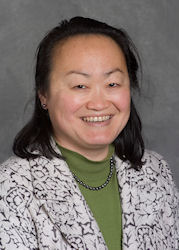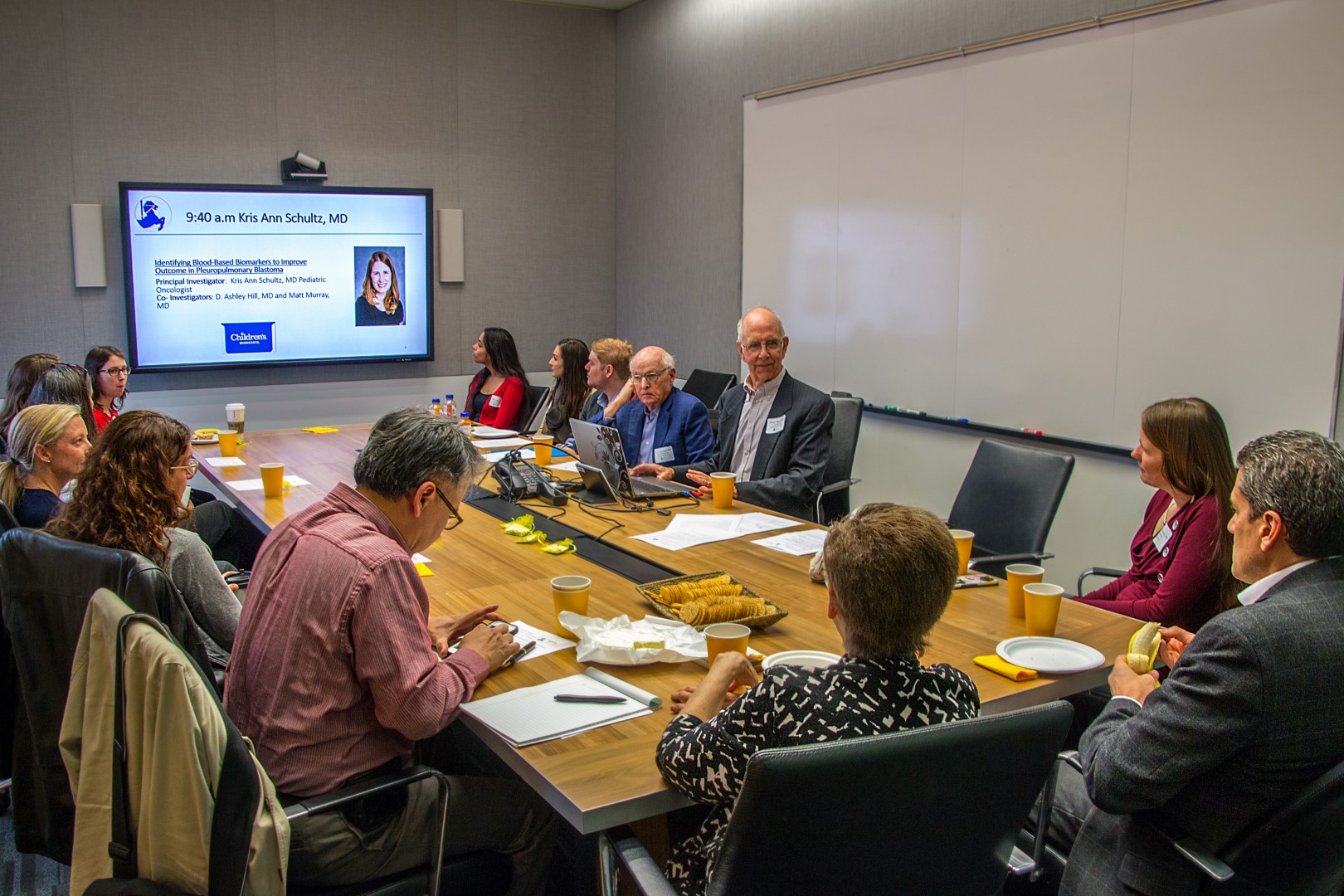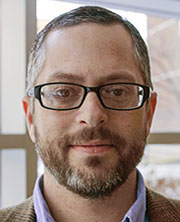
Dr. Julie Chu, a Hematology-Oncology physician at Children’s Hospitals and Clinics of Minnesota, loves to care for her individual patients. And when the person with cancer is a child, family members too become like patients. Pediatric cancer medicine is very family-centered, and the wishes, feelings and perspectives of the adults will impact the care of a child. Each child is a person, not a number or a diagnosis. Many different aspects of each person will impact their illness, their care and their coping.
Dr. Chu has been interested in cancer since her father died of stomach cancer when she was in high school. In college, she found Biology and Biochemistry to be fascinating subjects. Her mother always wanted her to be a doctor, but she was not so sure. Then she took her graduate school and medical school entrance exams, and decided a finite course in medical school would be better than an indefinite quest for a doctorate.
Pediatric medicine was a given, because Dr. Chu always liked kids. After attending medical school at the University of North Dakota, she served as a Resident at the University of Minnesota, where she “just loved” her rotations on the hematology-oncology floor. Dr. Chu left the Midwest for sunshine and warmth. She took her Hematology-Oncology Fellowship at Children’s Hospital in Los Angeles, California. Then, for a time, she began practicing in Oregon. When she was offered an opportunity to come back to the Midwest, to practice with Children’s Clinics in St. Paul, she wanted to return. She “always liked the way they practiced medicine in Minnesota,” and feels comfortable around Midwestern people. Now, after office consolidation, she practices in Minneapolis. Many of the patients she treats have some form of sarcoma.
Dr. Chu “really likes taking care of sick patients” and finds it rewarding to meet with new patients who have serious, life-threatening problems. There is never a dull moment, and many of them overcome their problems, do well, and are able to move forward. She said, “it always surprises me.” You have cases where you think people are so sick, and then “fast forward six months and they’re playing. You still have a mental picture of them intubated and in the Intensive Care Unit.” Other children look well, but run into complications. Each person is unique.
What has struck Dr. Chu through the years is how variable coping is. Culture, emotional state, and personal preferences all play a role. Often, when families have been coming to the hospital for a long time, and have gotten to know the routine and the people, they feel most comfortable at the hospital. It can be difficult to face taking all that away. But when time is short, people may want to go home or visit somewhere else.
Dr. Chu has attended Rein in Sarcoma’s Party in the Park several years, with her fellow oncologist Dr. Nancy McAllister. She also serves on the Medical Advisory Committee working with the Red Flags Campaign. The group has created materials and begun to increase outreach, to try to help patients and doctors identify sarcoma cancers early, before surgery is performed. There needs to be a balance, so not everyone is exposed to the risk of scanning. But better decisions could be made if more people knew about sarcoma.
When asked to name her favorite kind of sky, Dr. Chu recalled an early morning when she was returning from the health club, and how fascinating it was to see the sky completely cloudy in one direction; then, when she turned a different way, it was clear and blue. And in Arches National Park in Arizona, it was amazing how bright blue the sky was. It was so blue.
Her favorite colors? Green and purple.
And I am grateful for having had the privilege to talk with Dr. Chu.
By Christin Garcia


